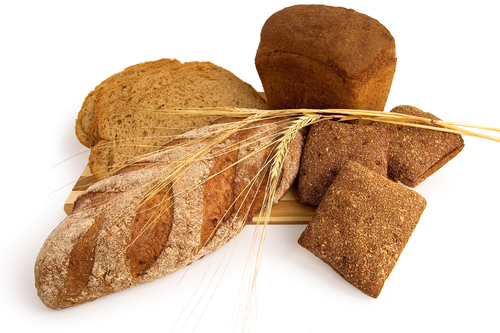Menu
Weight loss
Hormones
Sex
EXPLORE
MEET NU IMAGE MEDICAL
TREATMENTS
MEET NU IMAGE MEDICAL
TREATMENTS
MEET NU IMAGE MEDICAL
Why Whole Grains Are Bad For Your Health


Dr. Constance Odom (MD)
10 years ago
/ 6 min read
Whole grains have lectins which are thought to cause health problems
The insulin response of whole grains can lead to diabetes
Phytates in whole grains bind to important nutrients
Not everyone will need to avoid whole grains
This article is for informational purposes only and does not constitute medical advice. The information contained herein is not a substitute for and should never be relied upon for professional medical advice. Always talk to your physician about the risks and benefits of any treatment. Nu Image Medical may not offer the medications or services mentioned in this article.
